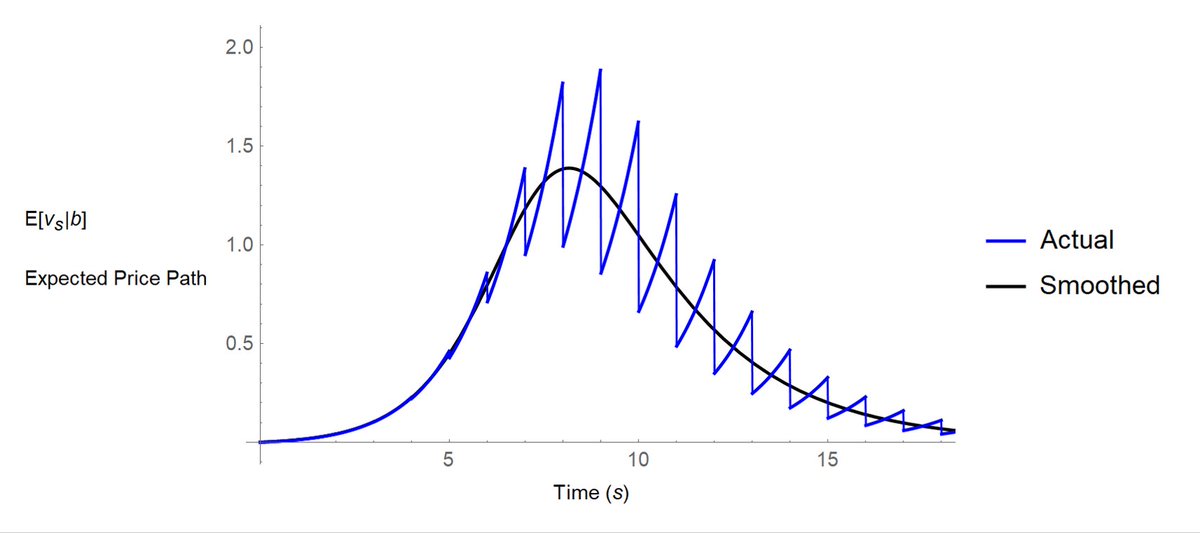
1/ What do turkeys marching around a dead cat have to do with stock market bubbles?
Starting today, I’ll be summarizing in a series of tweets my Presidential Address to the American Finance Association. I’d love to hear your reactions!
Paper:
ssrn.com/abstract=35508…
Starting today, I’ll be summarizing in a series of tweets my Presidential Address to the American Finance Association. I’d love to hear your reactions!
Paper:
ssrn.com/abstract=35508…
Social Transmission Bias in Economics and Finance
The paper is about a missing chapter in finance theory:
The *social processes* that shape economic thinking, behavior. I call this new paradigm *social economics and finance*.
The paper is about a missing chapter in finance theory:
The *social processes* that shape economic thinking, behavior. I call this new paradigm *social economics and finance*.

3/ Social economics and finance is the study of how social interaction affects economic outcomes. It recognizes that people observe each other and “talk” to each other (including written text).
A key intellectual building block of this field:
*Social transmission bias*
A key intellectual building block of this field:
*Social transmission bias*

4/ Social transmission bias is the systematic, directional modification of ideas or signals as they pass from person to person. 

5/ Example: *Self-enhancing transmission bias*.
Investors like to discuss their trades more after doing well than after doing badly. There is much evidence of this. If listeners fail to adjust for this bias, they will interpret sender signals about the strategy too positively.
Investors like to discuss their trades more after doing well than after doing badly. There is much evidence of this. If listeners fail to adjust for this bias, they will interpret sender signals about the strategy too positively.
6/ By way of comparison, some previous paradigm shifts include information economics:
Recognized that some people know things that others do not;
Behavioral economics and finance:
Recognized that people make systematic mistakes.
@R_Thaler
ssrn.com/abstract=24808…



Recognized that some people know things that others do not;
Behavioral economics and finance:
Recognized that people make systematic mistakes.
@R_Thaler
ssrn.com/abstract=24808…




7/ Of course, scholars “knew” these obvious facts long before each of these paradigm shifts. The problem was that these facts were considered only informally and sporadically. 

8/ These facts were not systematically, explicitly, and routinely incorporated in our models and in generating test hypotheses. Similarly, for now, social interaction is only starting to join the standard intellectual toolkit for finance research. 

8/ More tomorrow!
Links:
Paper: ssrn.com/abstract=35508…
Slides: ssrn.com/abstract=35132…
Transcript + Integrated Slides: ssrn.com/abstract=35132…
Video, including ant death spirals, puppy & turkey circles:
Links:
Paper: ssrn.com/abstract=35508…
Slides: ssrn.com/abstract=35132…
Transcript + Integrated Slides: ssrn.com/abstract=35132…
Video, including ant death spirals, puppy & turkey circles:

• • •
Missing some Tweet in this thread? You can try to
force a refresh


